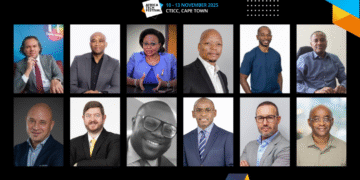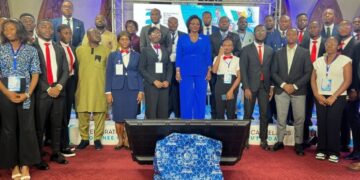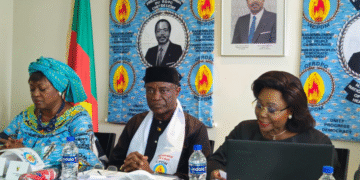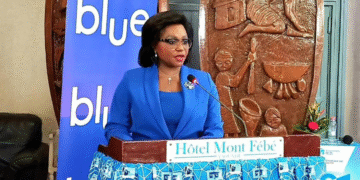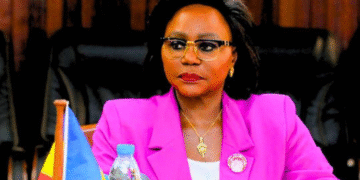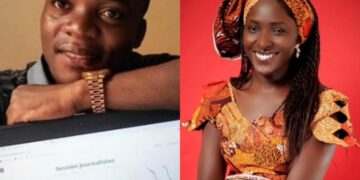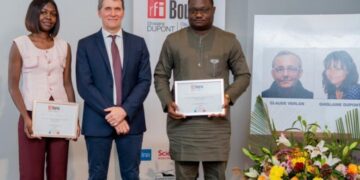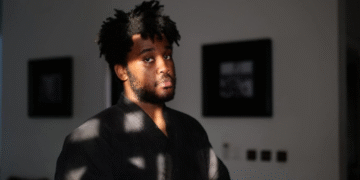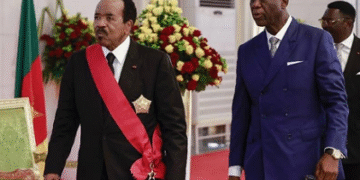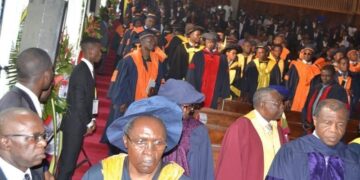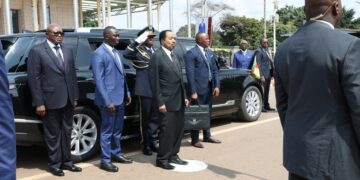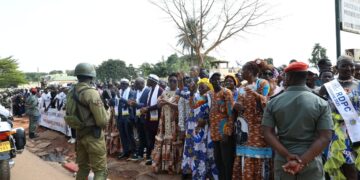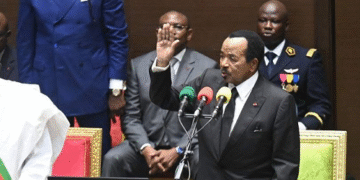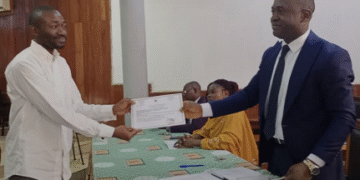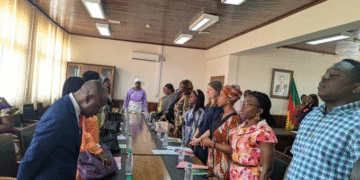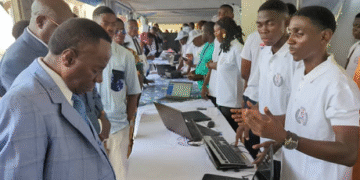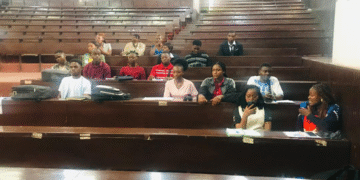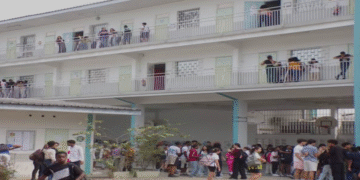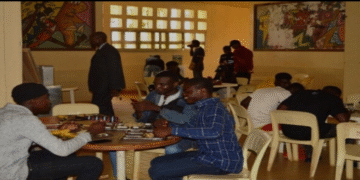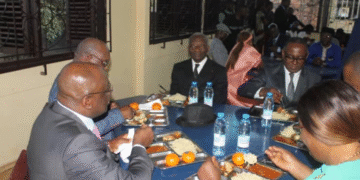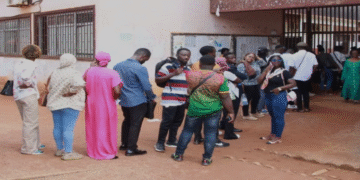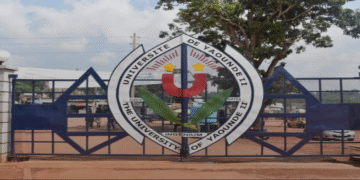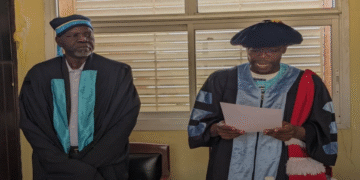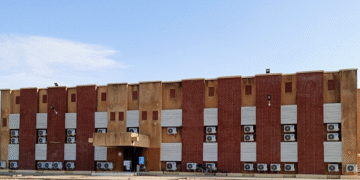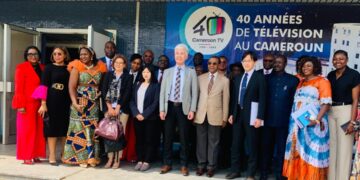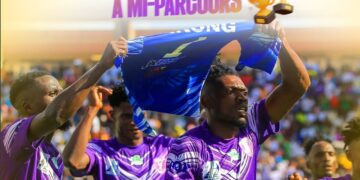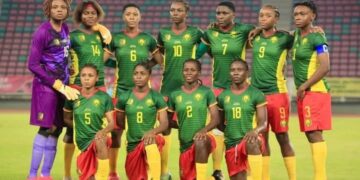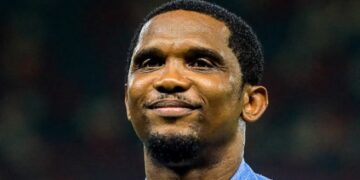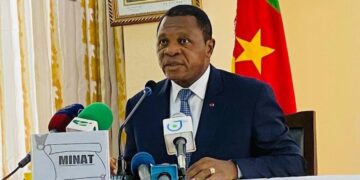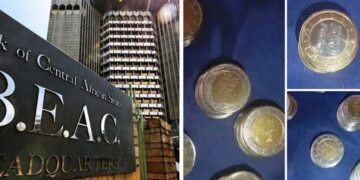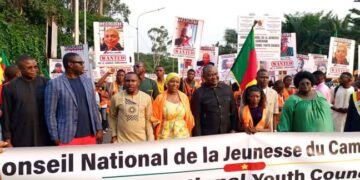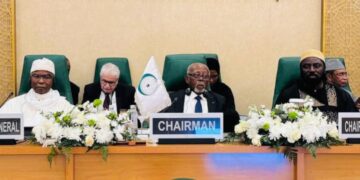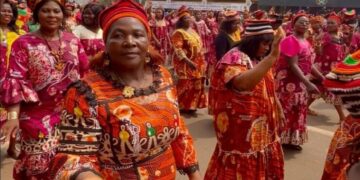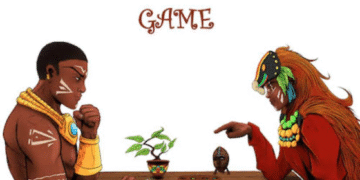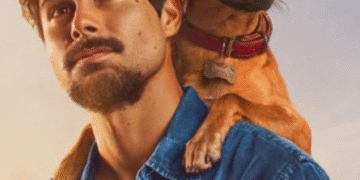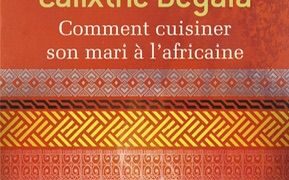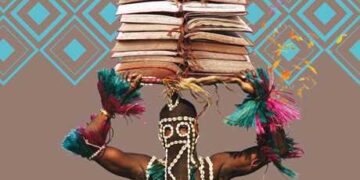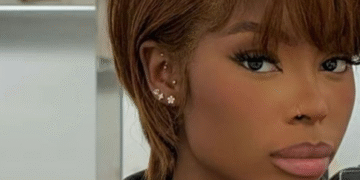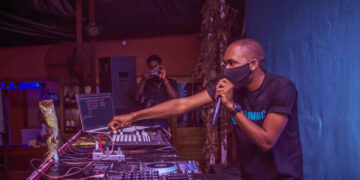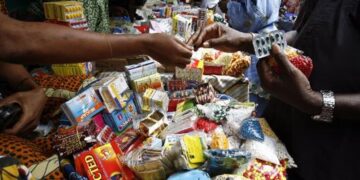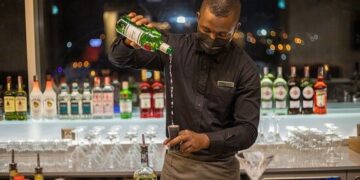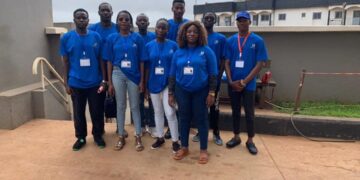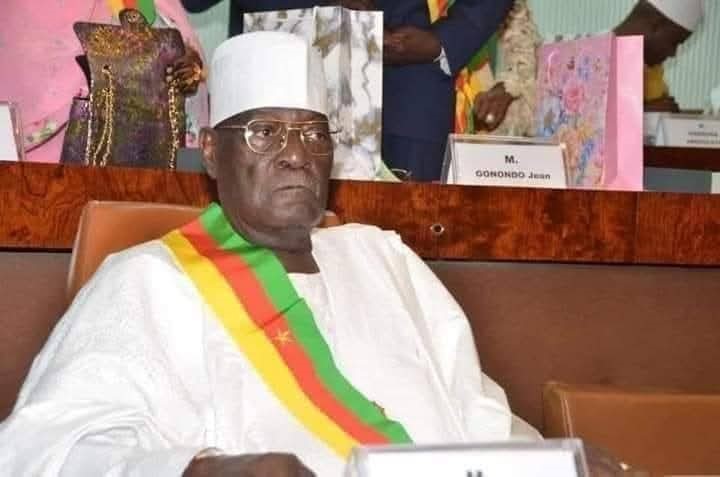National Assembly Speaker rejects Bishop Barthélémy Yaouda’s call for President Biya to step aside, emphasizing constitutional rights and political continuity.
The Speaker of the National Assembly, Honorable Cavayé Yéguié Djibril, in his recent outing in a viral video on social media on Sunday January 19, 2025, issued a firm response to comments made by Catholic Bishop, His Lordship Barthélémy Yaouda Hourgo of Yagoua urging the Head of State not to run for president during the forthcoming 2025 elections. The bishop in an outburst in December, called on Biya, now 91 years old and in power for over four decades, to forgo another term in office, citing concerns about his age and health.
But in a recent video that has since gone viral on social media networks, Cavayé has appeared defending Biya’s leadership and constitutional right to contest, describing the bishop’s statements as an overreach by the Church into political affairs. “President Biya has the full legal and democratic right to seek another term,” Cavayé said, pointing to the support Biya continues to receive from the ruling Cameroon People’s Democratic Movement, the CPDM and its grassroots members. Cavayé’s remarks were a direct rebuttal to the bishop’s appeal, which resonated with many Cameroonians who are increasingly vocal about their desire for generational change.
He criticized the bishop’s comments as divisive, urging religious leaders to maintain neutrality in political matters. “The Church’s role is to unite, not to dictate political choices or foster division,” Cavayé stated. The exchange between the two public figures has sparked a nationwide debate about the role of religious leaders in political discourse. While some applaud the bishop’s courage in addressing an issue many consider taboo, others agree with Cavayé, insisting that decisions about leadership should be left to the electorate and constitutional frameworks.
This confrontation underscores the growing tension between calls for change and the establishment’s defense of continuity, per a section of pundits and observers. As Cameroon approaches its next electoral season set to kick off in October, the clash between these opposing views will likely intensify, reflecting broader frustrations and aspirations within the nation, says observers in the field. For now, the question remains: will this public debate lead to meaningful political discourse or further deepen divisions in a country already grappling with complex challenges?


